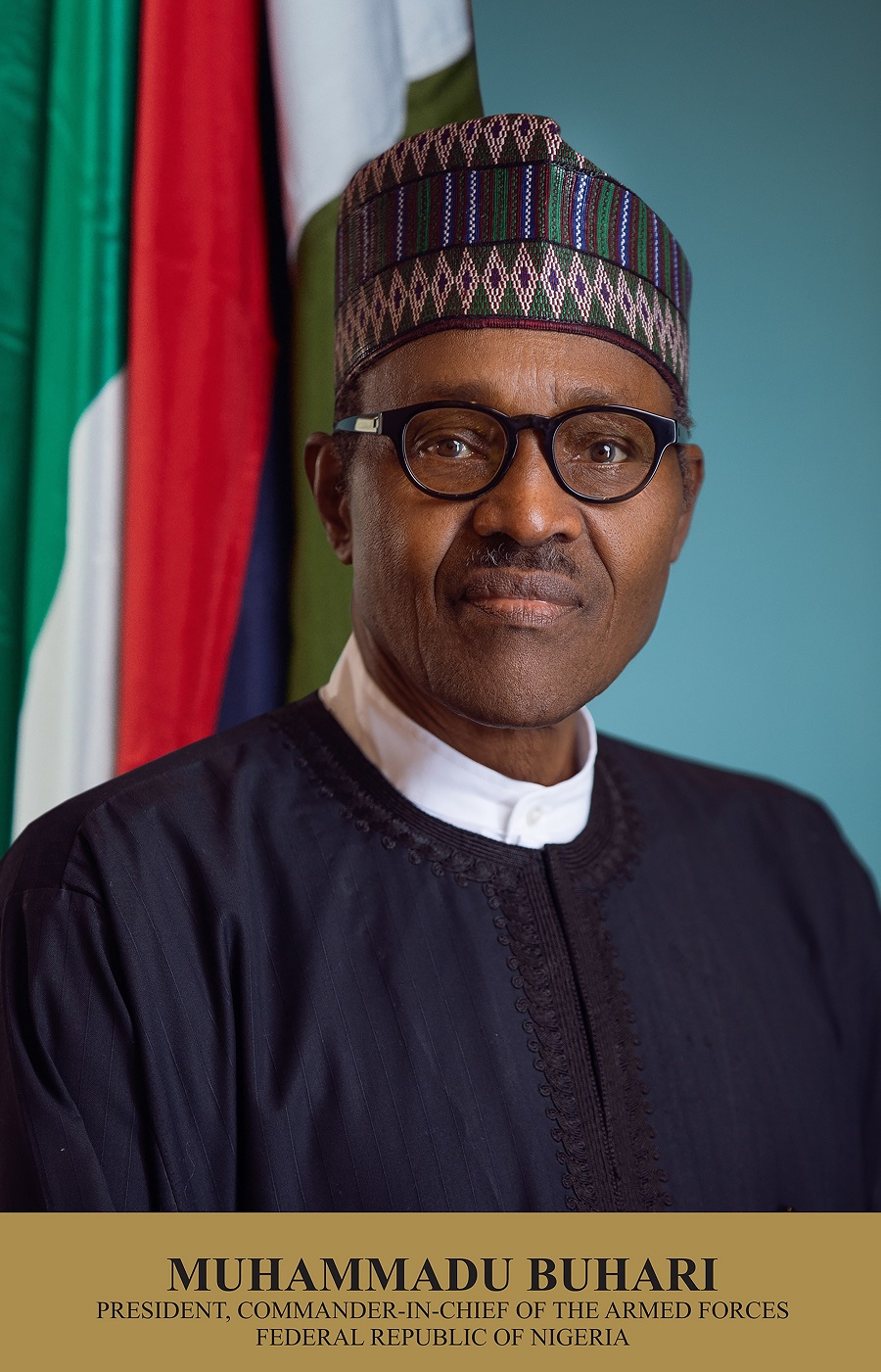About 133 million Nigerians, which represents 63 per cent of the nation’s population, are multidimensionally poor, according to the Multidimensional Poverty Index (MPI).
The document which was produced by the Federal Ministry of Finance, Budget and National Planning said multidimensional poverty is higher in rural areas where 72 per cent of people are poor compared to 42 per cent poor population in urban areas.
The report recommended Investment in rural areas as essential to reducing multidimensional poverty in Nigeria.
The report said MPI 2022 is a frontline effort at creating evidence-based data demand and use strategy for achieving the presidential mandate of lifting 100 million out of poverty in a decade.
It said President Muhammadu Buhari unfolded its commitment to empowering additional 100 million people to escape extreme poverty by 2030 which means that on the average, 10 million people will be lifted out of poverty each year starting from 2020.
The report said over half of the population who are multidimensionally poor cook with ding, wood or charcoal rather than cleaner energy with high deprivations also apparent in sanitation, healthcare, food insecurity and housing.
It noted that 70 per cent of Nigeria’s population live on rural areas which are home to 80 per cent of poor people with the intensity of rural poverty being 42 per cent on rural areas compared to 37 per cent in urban areas.
According to the report, 65 per cent of poor people, 86 million people, live in the North while 35 per cent, nearly 47 million people, love in the South.
In tackling poverty, the report suggested measures which include getting children into schools, addressing needs for sanitation, clean energy, safe reliable water sources, skills training and learning opportunities for more people.
The report recommended that governors should be encouraged and provided sigh the capacity to adopt MPI data for budgetary and planning purposes
It further suggested that MPI should be regularly updated, using appropriate survey vehicle while the document should be integrated with the National Monitoring and Evaluation Framework at the Ministry of Finance, Budget and Planning.
The document equally recommended regular exchanges between government and non-government actors to strengthen a comprehensive response to reduce poverty.

